‘The world’s moment of truth’: Why leaders must take action at Cop26, according to top climate voices
Climate correspondent Daisy Dunne spoke to politicians and activists from across the globe about why the Glasgow summit will be a crucial moment in the fight to solve the climate crisis


Around 25,000 people will descend on Glasgow this week for the Cop26 climate summit. It is the most important UN climate meeting since countries set an aspiration of limiting global temperatures to 1.5C above pre-industrial levels by the end of the century under the Paris Agreement in 2015.
This summit will be a crucial test of whether countries can come together to get themselves on track for meeting the 1.5C target, which is currently slipping beyond reach.
On the eve of the pivotal event, The Independent spoke to leading climate experts, politicians and activists from across the world on why now is the time to take action against the climate crisis.
Vanessa Nakate, climate activist, Uganda
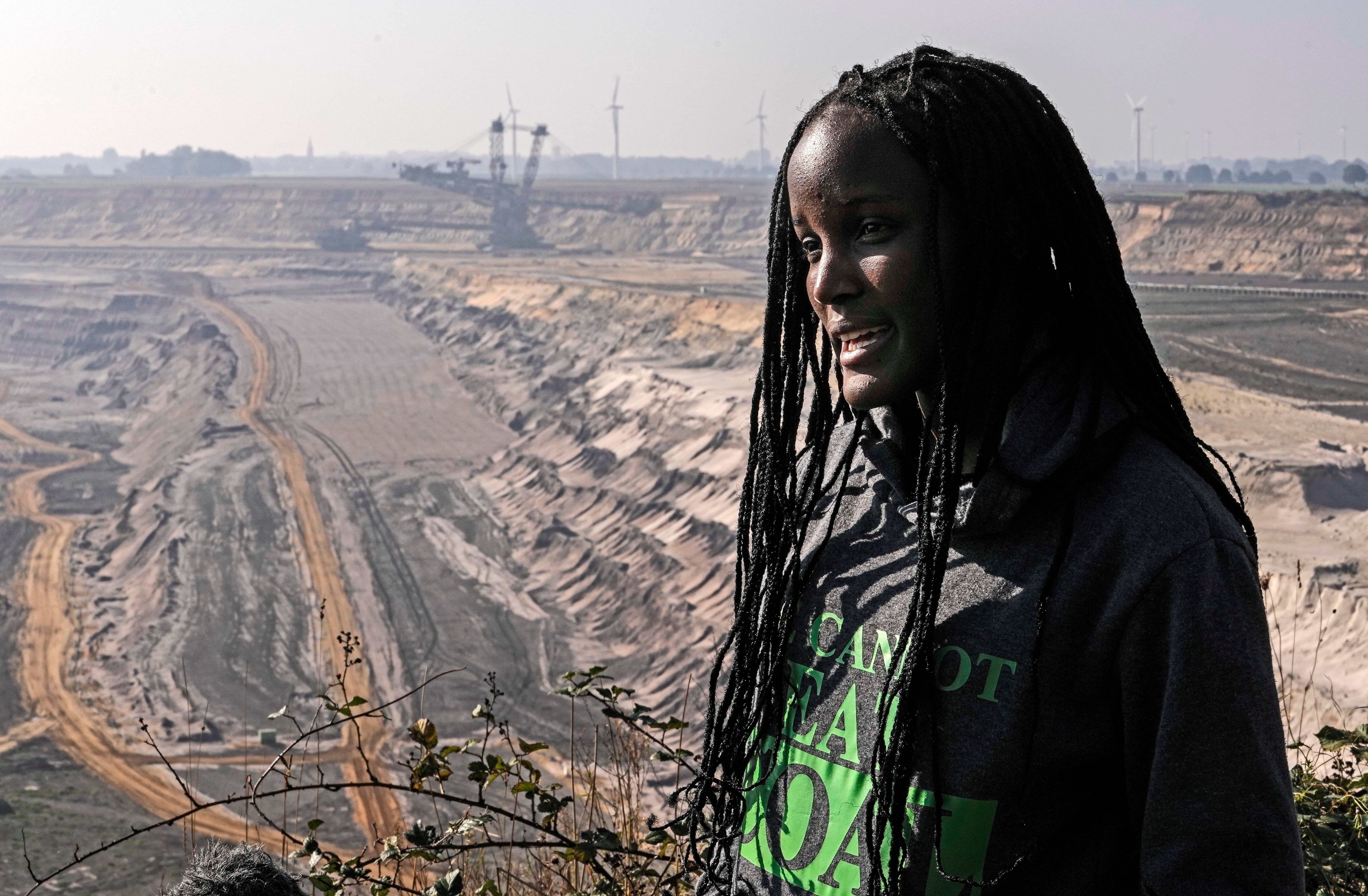
We’re already seeing death and suffering caused by the climate crisis here in Uganda. But it is going to get much, much worse.
To keep to 1.5C of global heating (the so-called safe limit), the UN says we need to halve global emissions by 2030. After almost 30 years of international climate summits, we are yet to see any significant drop in emissions.
Glasgow must be the starting point for a complete reshaping of the global economy. Otherwise, the consequences are unthinkable.
Alok Sharma, Cop26 president-designate, UK

People around the world are already living with the devastating effects of the planet getting warmer. And with every fraction of a degree, the situation gets worse.
That is why countries on the front line of climate change fought so hard for the temperature goal of well below 2C, and as close as possible to 1.5C, to be enshrined in the Paris Agreement.
We owe it to those countries to make Cop26 the moment world leaders commit to decisive action to keep a 1.5C future alive.
Nicola Sturgeon, first minister of Scotland, UK
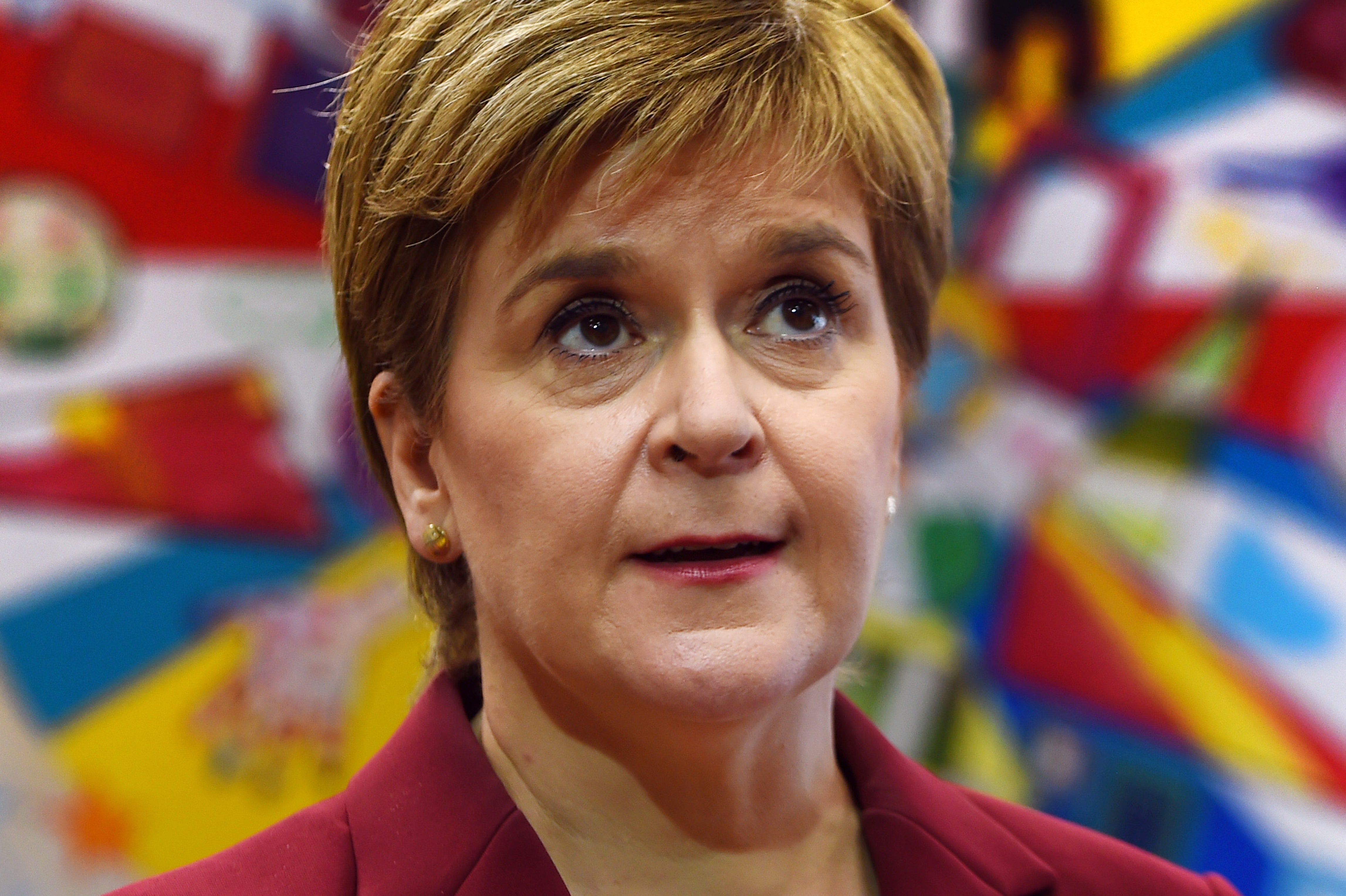
Climate change and nature loss remain the greatest challenges facing this planet, and this is our best, perhaps only, chance to address them.
Cop26 must move the world from promises to action, and mobilise the ambition, finance, resources and joint working needed to deliver on the Paris Agreement goals.
Scotland, as a responsible global citizen, will do everything we can to play our part.
John Kerry, special presidential envoy for climate, US
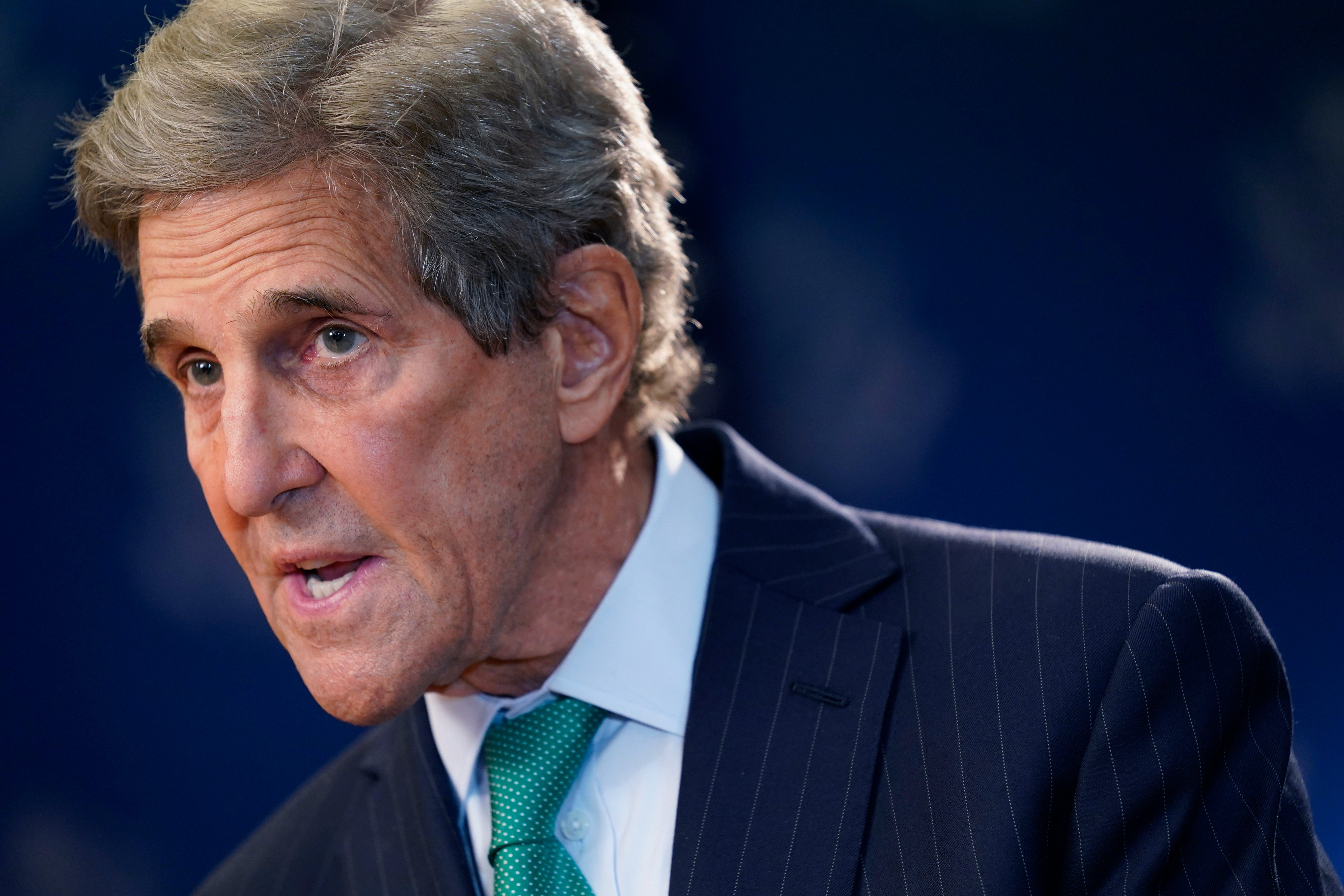
Cop26 begins our decisive decade, when science tells us we must choose between triumph and tragedy.
Inaction invites climate disaster. But if we work together, we can seize the extraordinary opportunities ahead, dramatically cutting emissions, reinventing our economies, and ultimately saving the one planet we share.
Mitzi Jonelle Tan, climate activist, the Philippines
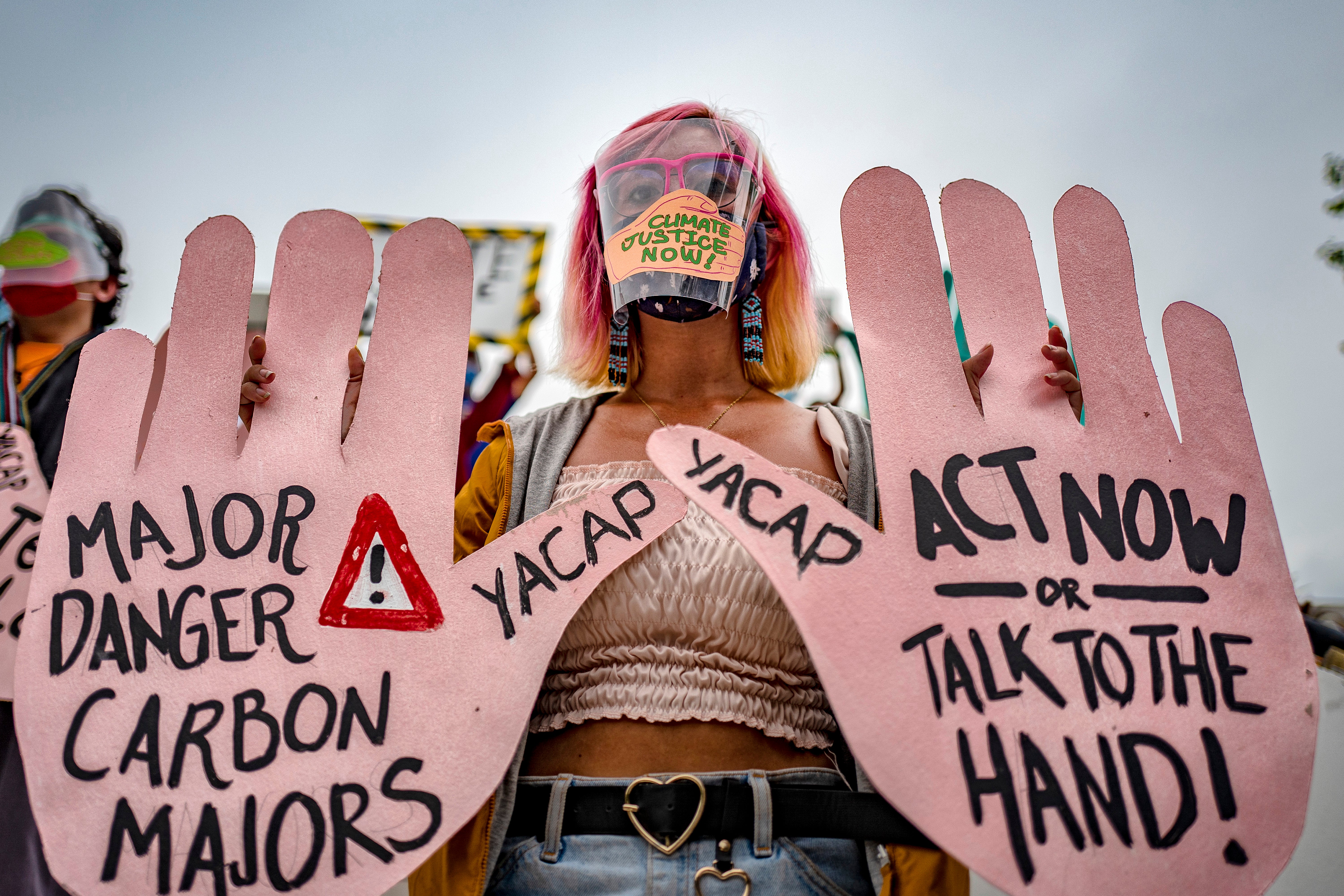
I shouldn’t have to say why action is vital.
At this point, if the millions of lives impacted every day across the globe by this climate crisis built off of exploitation and imperialist colonisation is still not enough reason to act, then clearly these so-called leaders aren’t capable of doing their job.
Ed Miliband, shadow business secretary, UK
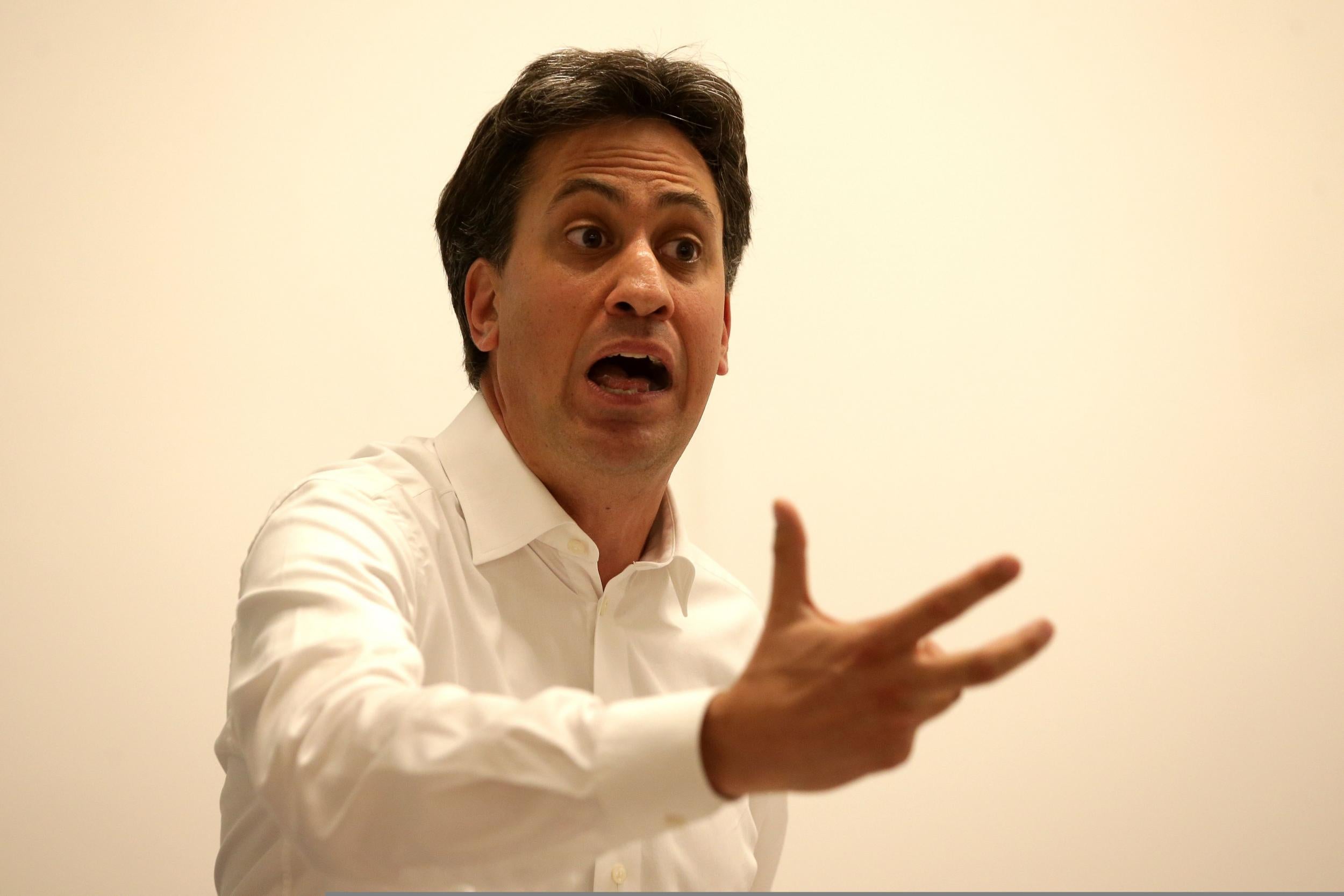
Cop26 is the world’s moment of truth. Are governments serious about climate action? Will our leaders fail us and future generations, or do they get it?
A green investment plan at home. Building alliances abroad. Keeping 1.5C alive in Glasgow. We can’t let Cop26 be the greenwash summit. Mobilise, organise, pressure those in charge. This is the decisive decade.
Christiana Figueres, former UN climate chief, Costa Rica
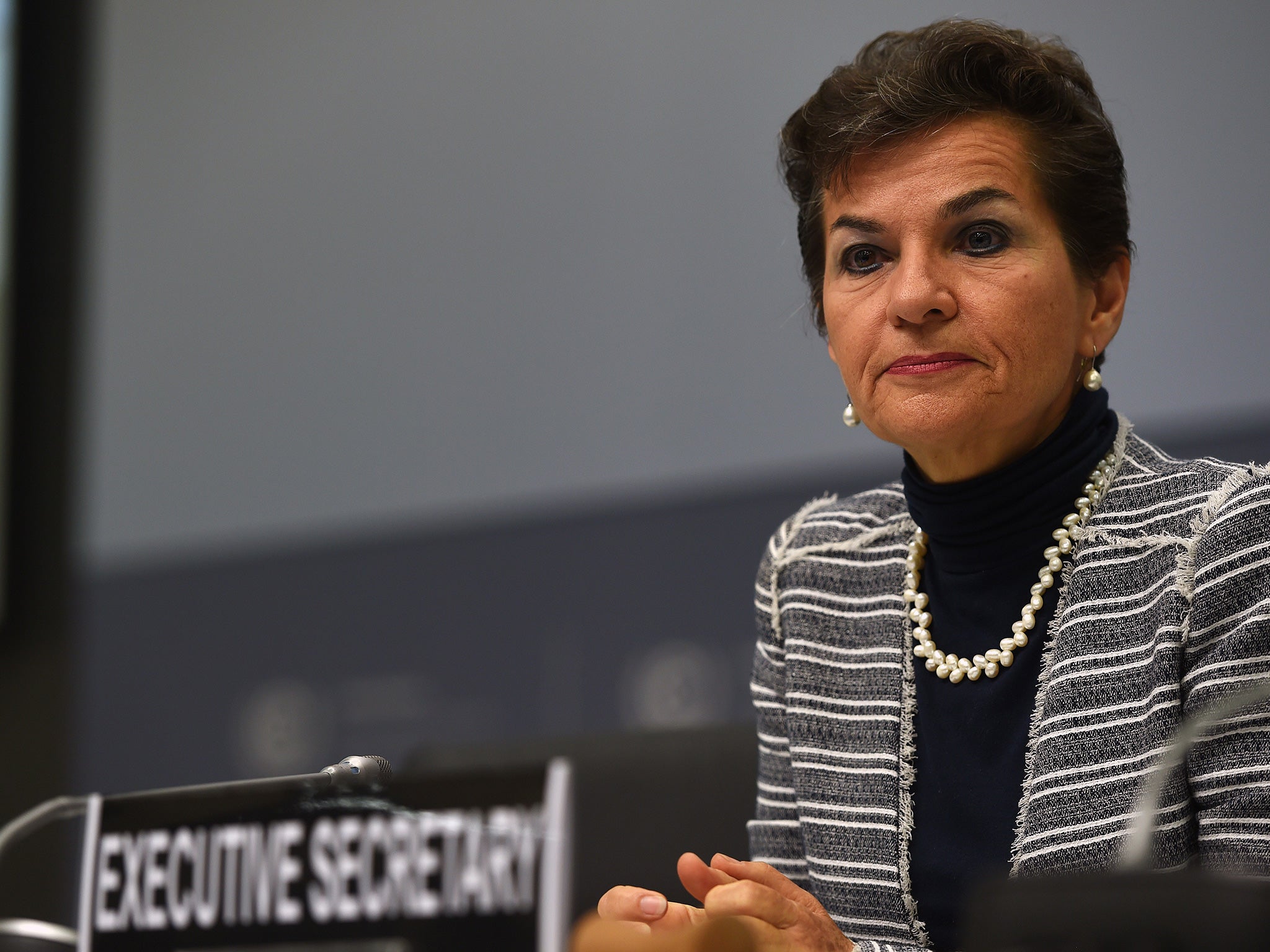
When we set the goals for the Paris Agreement in 2015, we were not aware that we had a deadline to meet, of halving global greenhouse gas emissions by 2030. That came later, in 2018, when the Intergovernmental Panel on Climate Change released its special report on 1.5C.
That is why Cop26 is crucial – and it must be the start of a decisive decade of action.
Nemonte Nenquimo, Waorani leader, co-founder of Ceibo Alliance & Amazon Frontlines, Ecuador
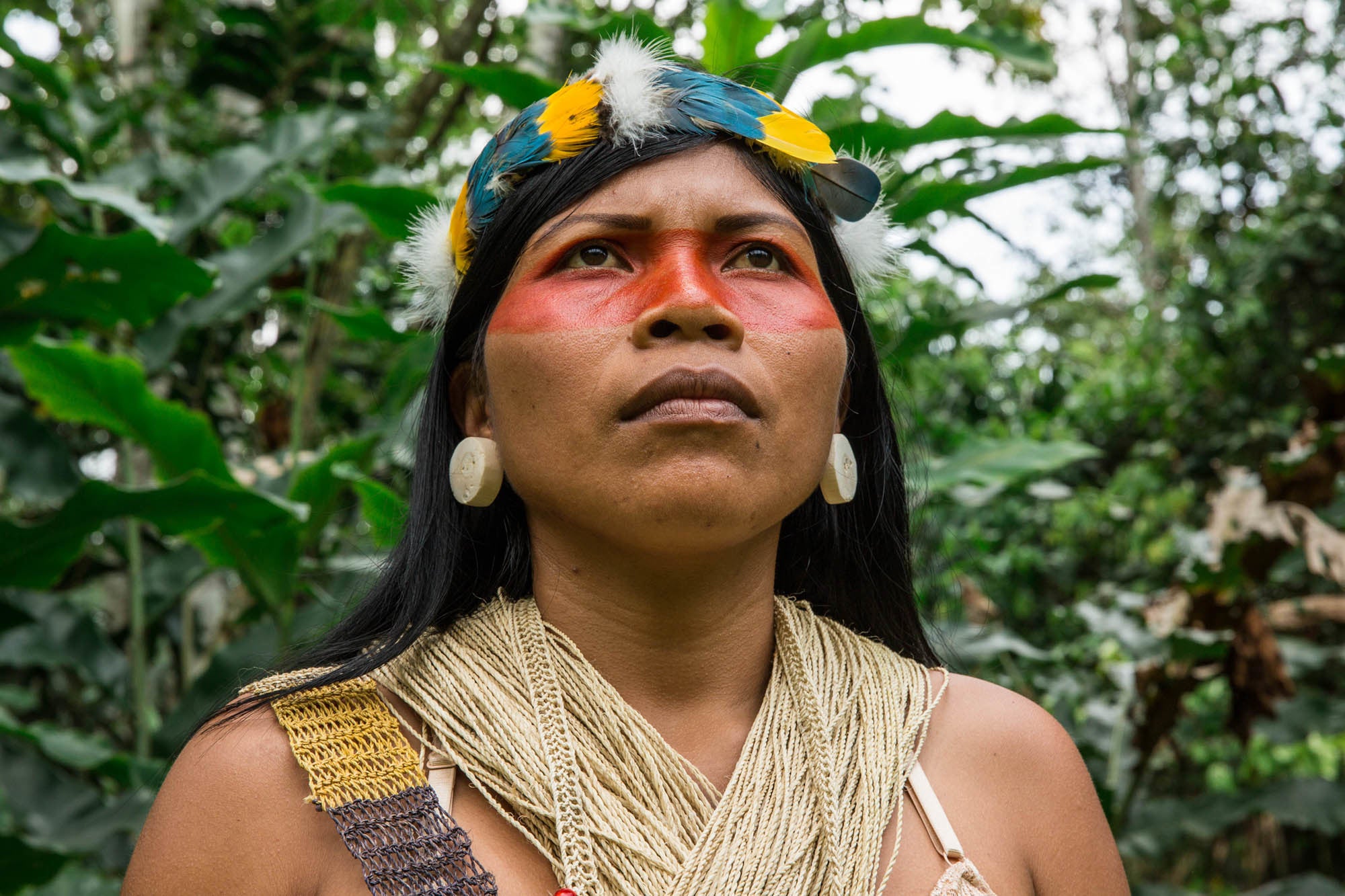
We need to take action. Indigenous peoples, who are on the front lines of the battle to protect nature, need direct support. We are putting our lives on the line to protect biodiversity, forests, and ecosystems. No decisions affecting Indigenous territories should be made without Indigenous peoples’ participation and consent.
World leaders, organisations and civil society need to back us in our struggles, and support the Indigenous movement and organisations leading solutions to this crisis. We need to unite in the struggle because the fight is not only up to indigenous peoples but for all of humanity.
Tessa Khan, environmental lawyer, UK

At Cop26, world leaders have to commit to ending any new oil, gas and coal production – no exceptions.
Past Cops have failed to address the elephant in the room – fossil fuels – even though the science is clear that we have to keep fossil fuels in the ground if we’re going to keep the Paris Agreement alive.
Dr Mya-Rose Craig, environmental activist, UK
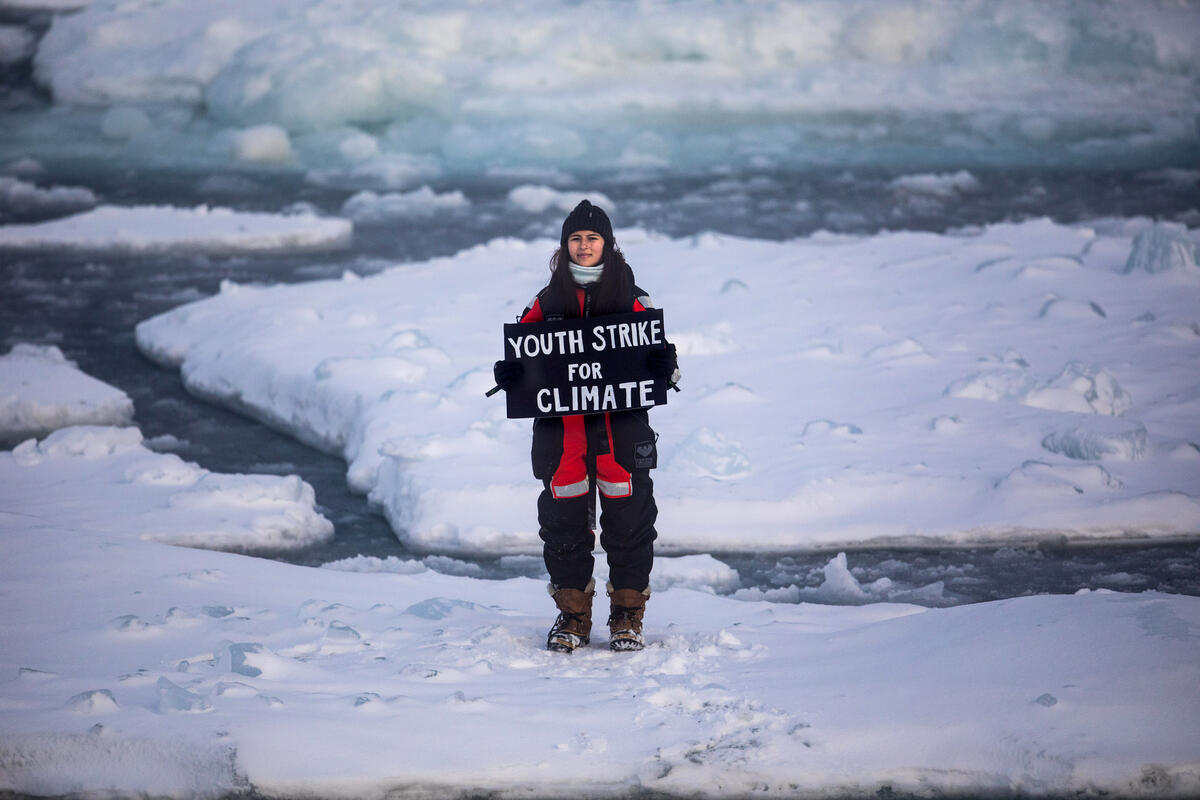
I am [one of] the 167 million living in Bangladesh, the country where my maternal grandparents were born.
We are a country created 50 years ago out of oppression and death. We will fight until you listen.
At 3C of warming, Bangladesh will see tens of millions affected each year. We demand immediate and sufficient action to halt the climate catastrophe.
Anne Hidalgo, mayor of Paris, France
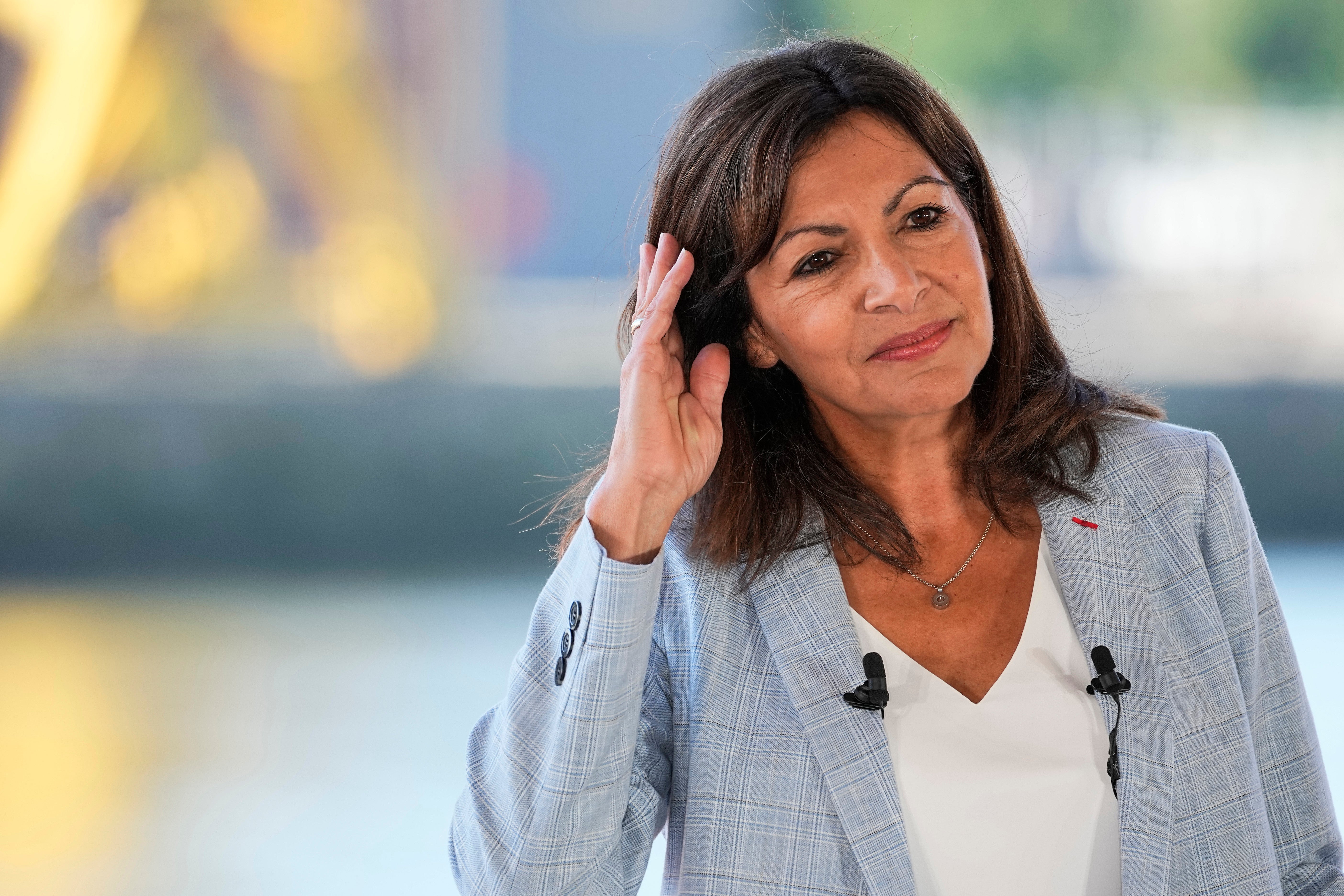
As mayor of Paris, the city where the historic climate agreement was signed, I believe that Glasgow comes at a critical moment for states to upscale and accelerate their action plans, including in my own country, France.
We need to act now to stay the course of the Paris Agreement, which I witnessed first-hand in 2015.
Oladosu Adenike, climate activist, Nigeria
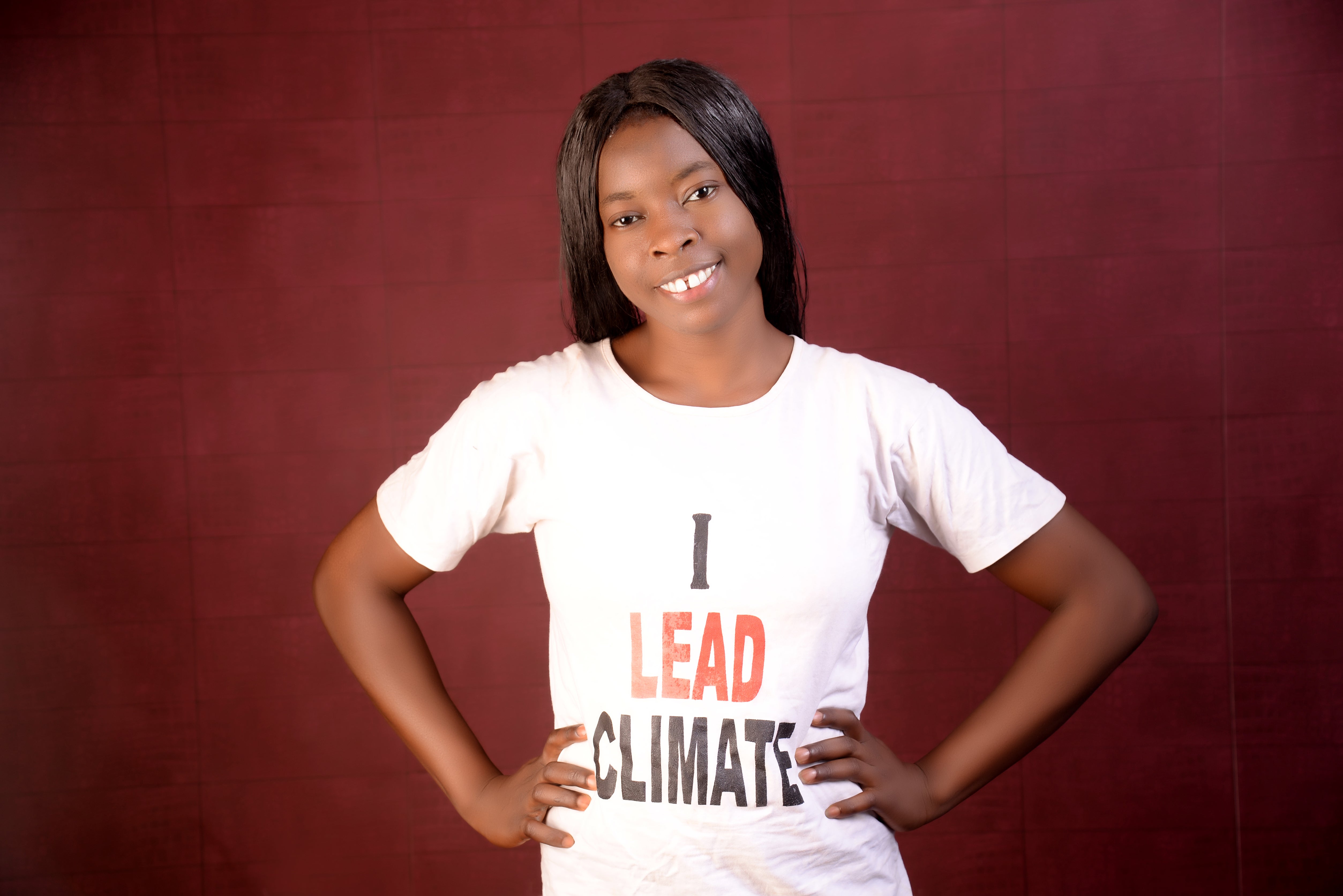
How do we win the race against climate change when we keep making long-term commitments (beyond 2030) while the climate crisis is happening at an alarming rate?
It is no longer negotiable to patronise climate action. The lives of billions of people, especially those that are vulnerable like my country, matters towards every decision that will be taken. Hence, we need more action and not words alone.
Eriel Deranger, executive director of Indigenous Climate Action (ICA), Canada
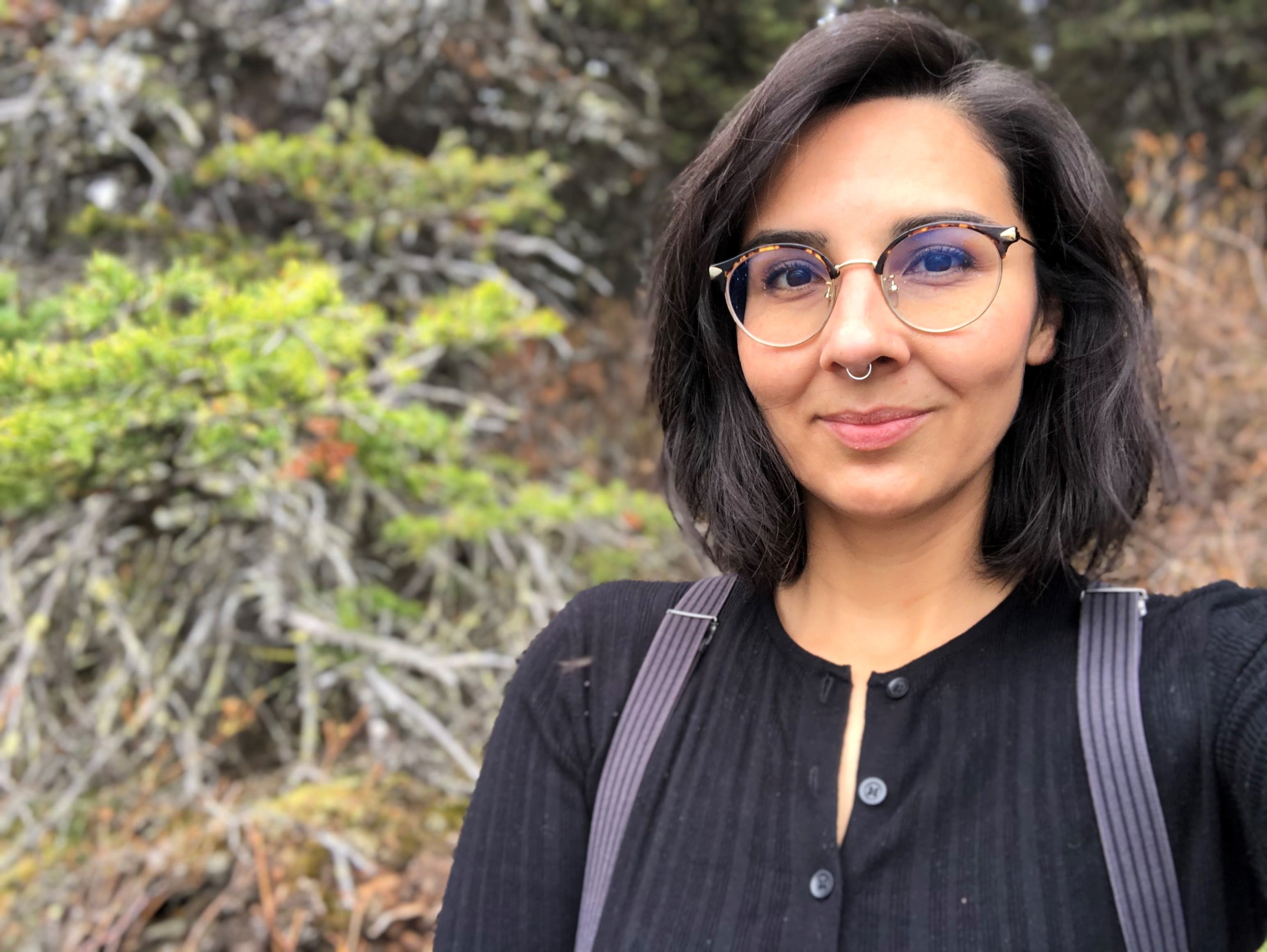
We need to get this right: we’re on borrowed time. The debate is over, we need emissions-reducing agreements – not carbon trading and false solutions – and safeguards for human and Indigenous rights.
Indigenous peoples have been influencing climate action for decades and we can’t afford to accept false solutions that further put our communities at risk.
Mohamed Adow, director of Power Shift Africa, Kenya
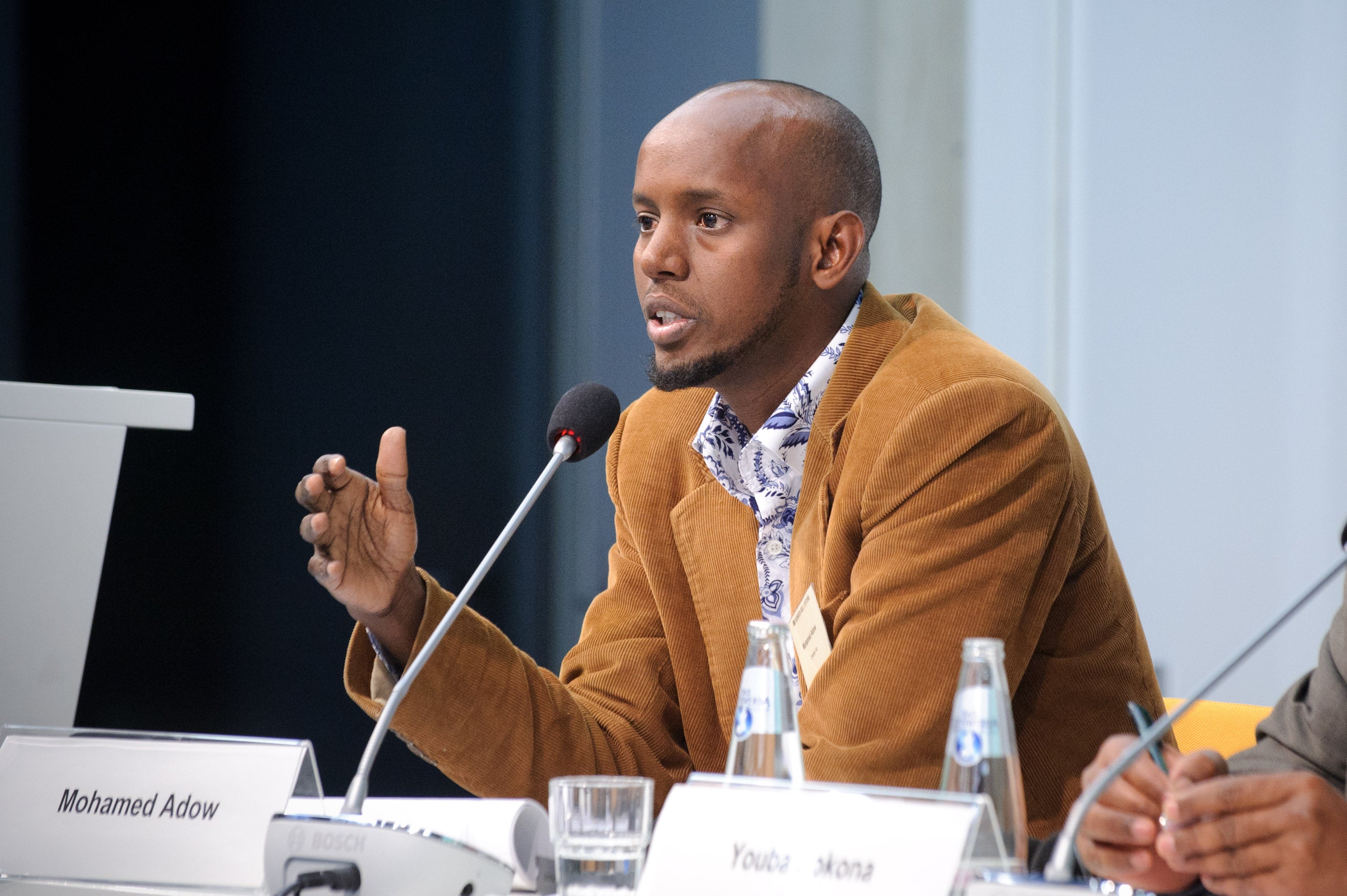
Why is it so vital we get action from world leaders at Cop26?
The reason is urgency. I come from a pastoralist community in northern Kenya, and have seen with my own eyes the ravages of rising temperatures, erratic rainfall and drought on farming communities in Africa. Those people cannot afford to see countries dragging their feet and delaying urgent climate action.
Lord Deben, chairman of the Climate Change Committee, UK
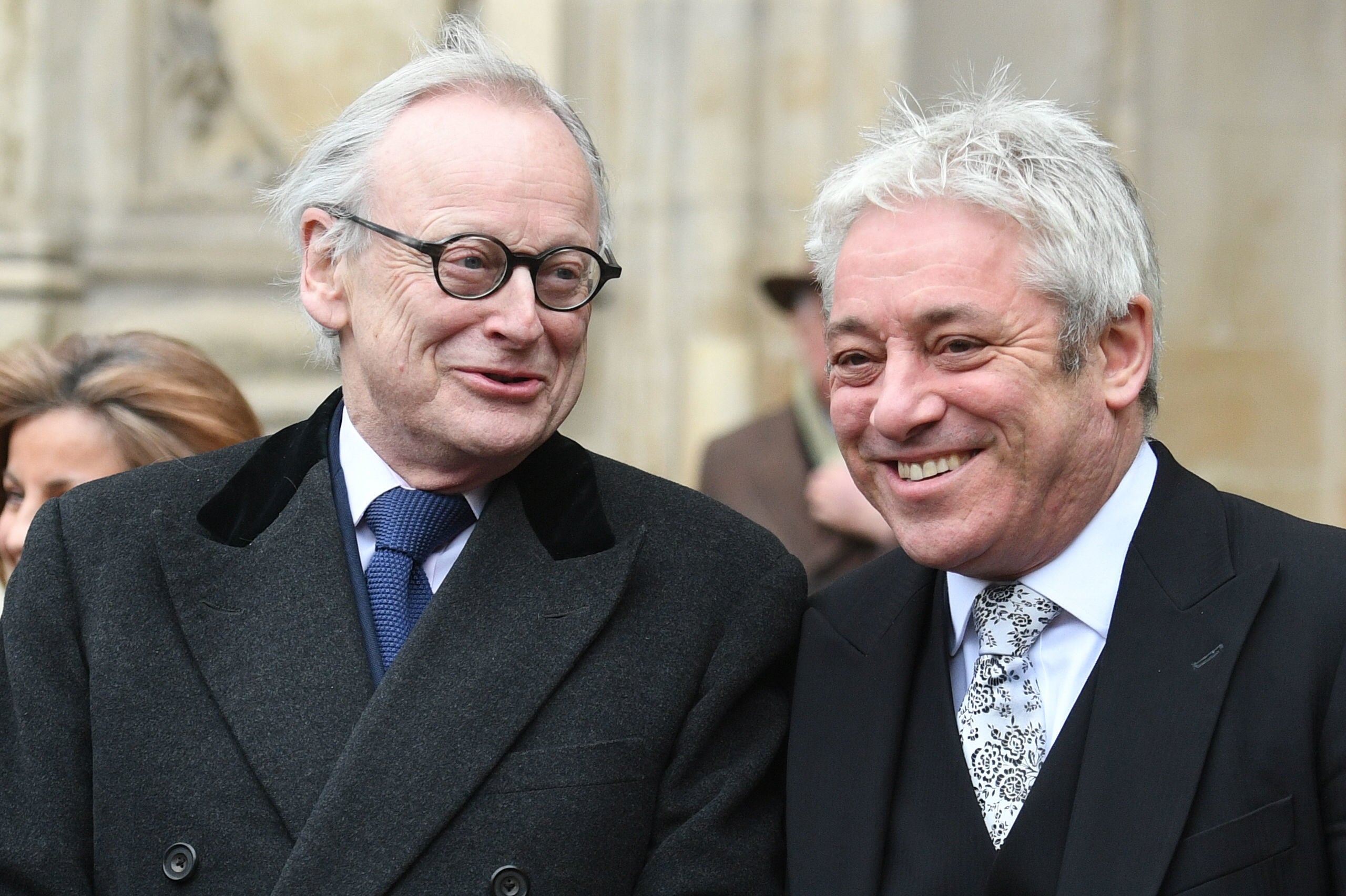
Climate change is a symptom of what we’ve done to the world. Once you understand that, you can understand how biodiversity and pollution fit in. You don’t cure the symptoms, you cure the disease. All of our impacts on the environment must be factored into Cop26.
We have to fight climate change because otherwise it will destroy us. But in fighting it we build a cleaner, greener, kinder world. It is actually the way to create a better world.
Marina Silva, politician and environmentalist, Brazil
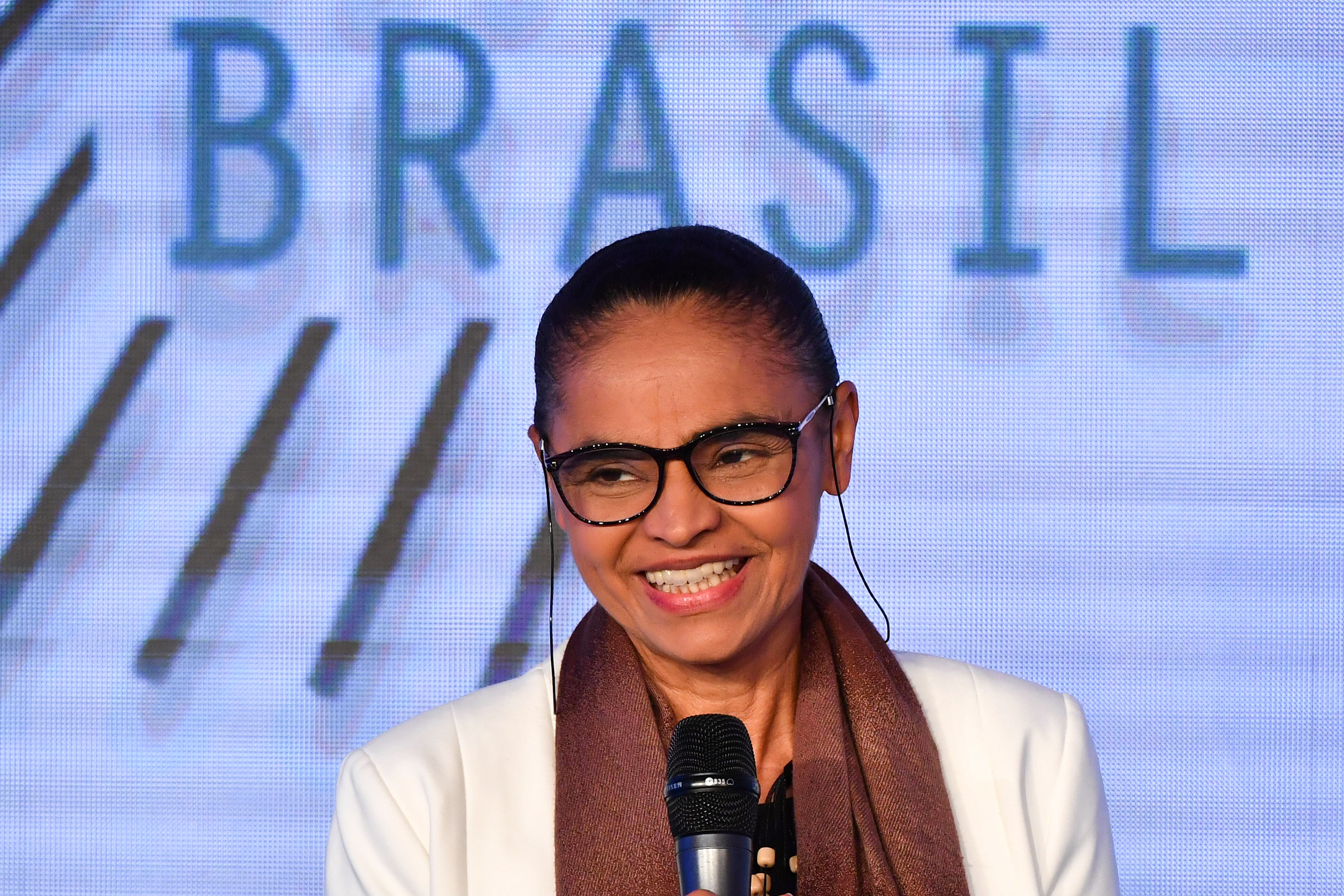
Cop26 is an opportunity to advance global responses to the climate issue, starting with more committed emission-reduction targets, as current ones point to 2.7C of warming.
A healthy, safe and sustainable environment has just been defined as a human right by the UN.
Yeb Saño, executive director, Greenpeace Southeast Asia
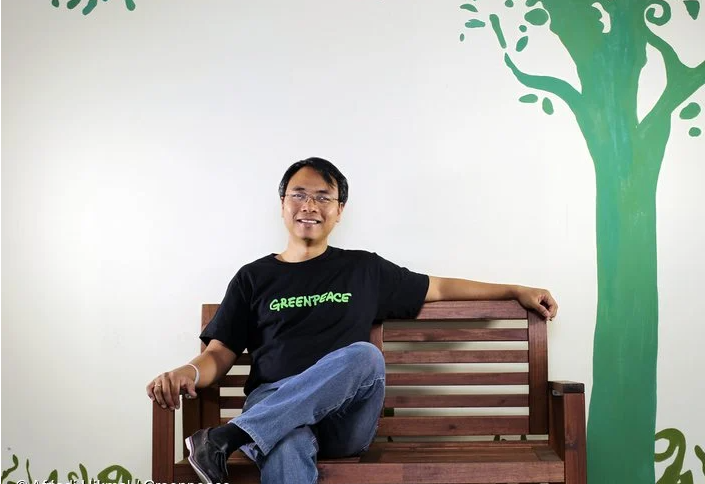
The climate crisis is one of history’s biggest injustices, with those least responsible for the problem suffering the most.
Urgent and scaled-up actions based on what science and justice demand are crucial to avert the crisis and to bring back dignity into people’s lives. Inaction is not an option.
Caroline Lucas, Green Party MP, UK
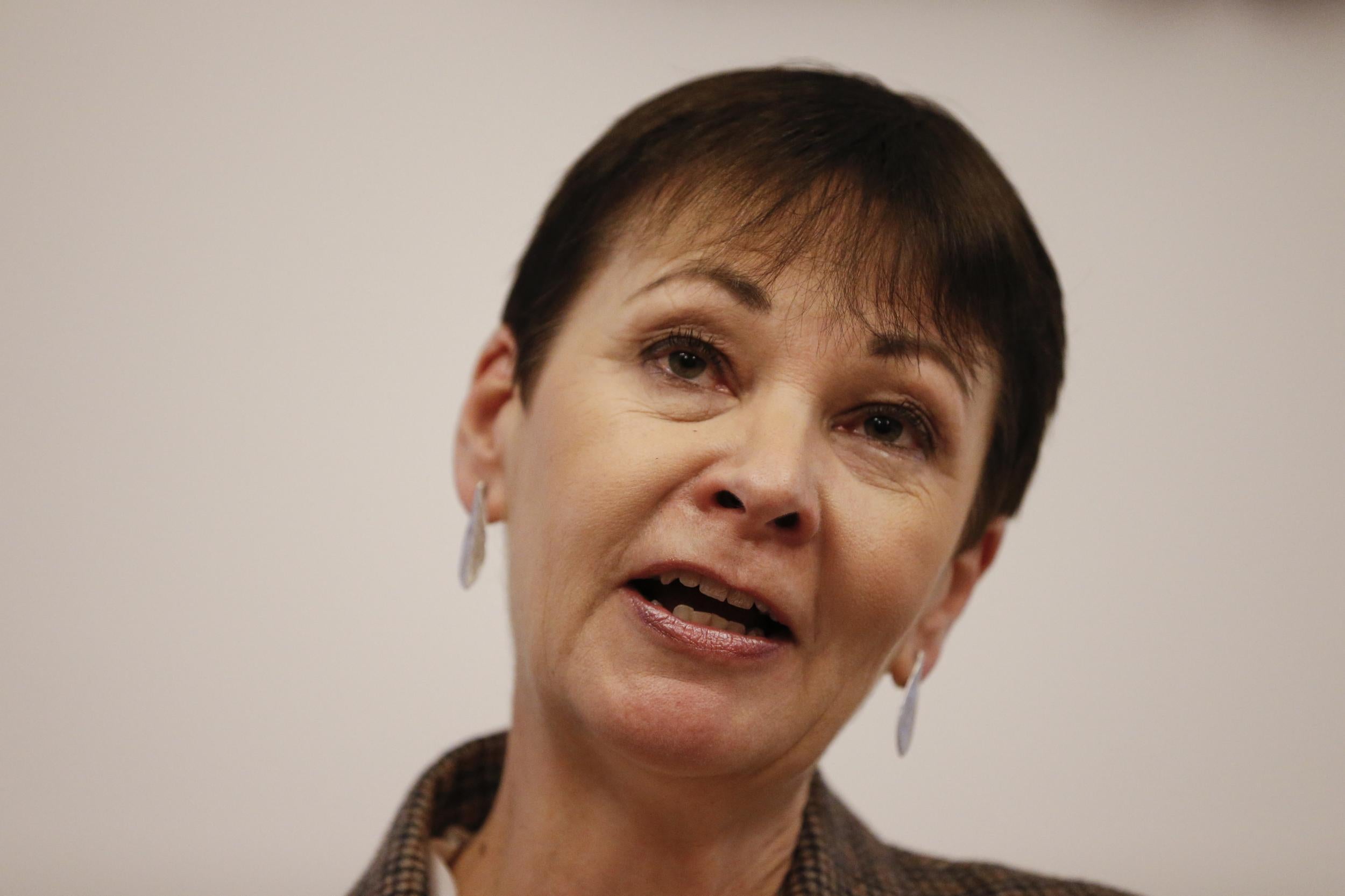
Cop26 must deliver a justice reset: justice for those in the global south who didn’t cause climate breakdown and must be given financial and technical support by the rich countries who did; and justice for young people and future generations, so they’re not left with the terrible consequences of a crisis that we’ve allowed to get worse.
Tanya Steele, chief executive at WWF, UK

Cop26 [is] one of the most important summits in a generation. And arguably the most important this country has ever hosted. Success is vital. We can’t afford to fail.
We need to redouble our efforts to ensure a future where nature and people can coexist – seeing it take its rightful place as our greatest ally at the heart of the fight against climate change.
Luca Bergamaschi, founder and director of the ECCO think tank, Italy

Cop26 is vital for accelerating emissions reduction and unlocking trillions of new finance for climate action and solidarity.
Italy, under the leadership of Mario Draghi, can play a key role through ending public support for new oil and gas investment, reallocating its SDRs [special drawing rights] for climate, and supporting the recapitalisation of multilateral development banks.
Dr Saleemul Huq, director of International Centre for Climate Change and Development, Bangladesh
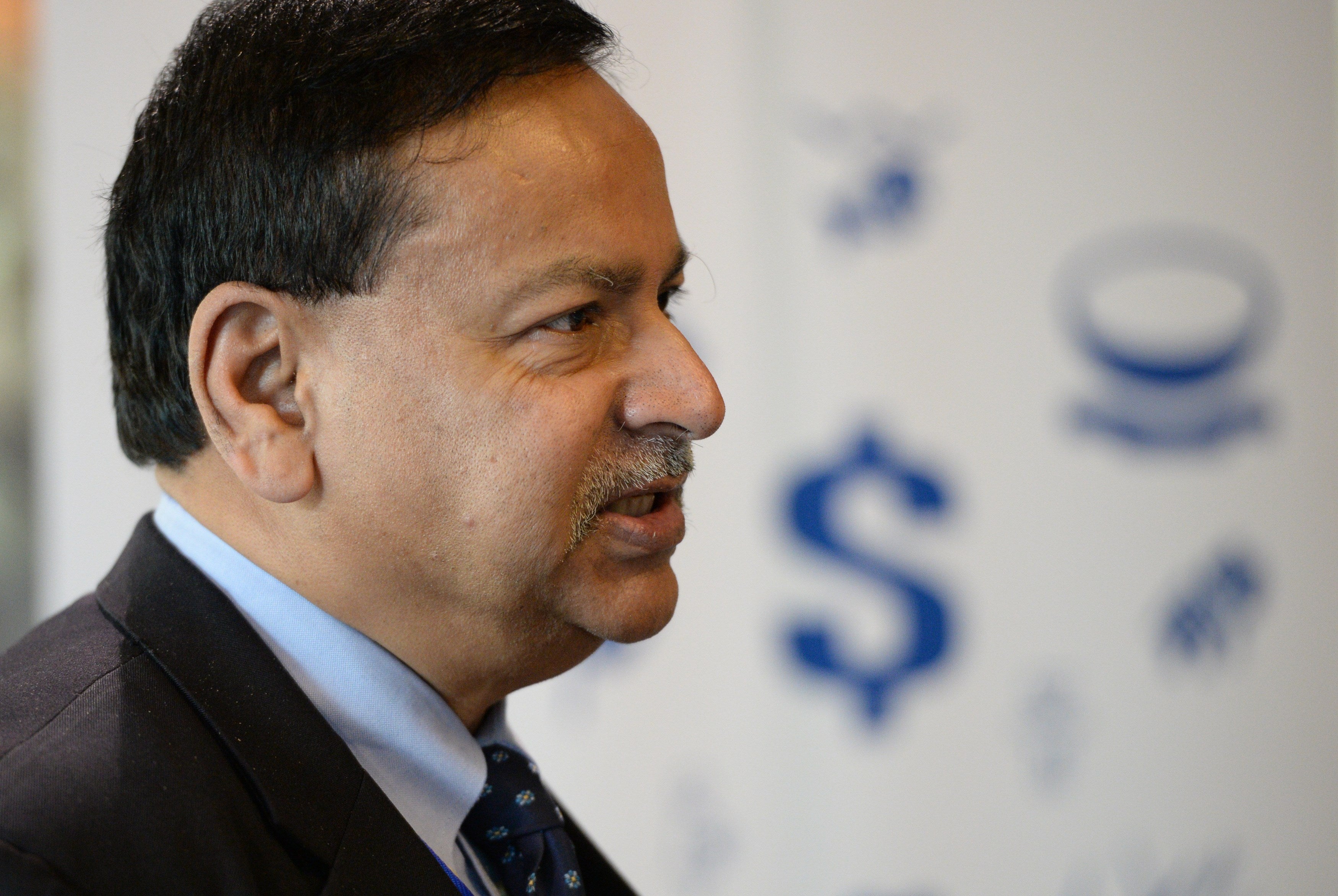
I have been working with some of the poorest and most climate-vulnerable communities in some of the poorest and most climate-vulnerable countries for over two decades, to help them be ready to adapt to the adverse impacts of human-induced climate change.
Over those two and a half decades, world leaders have met every year at the annual Conference of Parties of the United Nations Framework Convention on Climate Change (UNFCCC), where they repeatedly pledged to act but then failed to do so enough to prevent loss and damage from human-induced climate change actually happening now.
Cop26 is the first Cop of this new era of loss and damage from human-induced climate change, and my expectation of leaders is that they will finally demonstrate the political will to deal with the climate emergency. However, I am not holding my breath.
The Independent has launched a petition calling on world leaders to take meaningful action on the climate crisis immediately.
We want global leaders to make the decisions necessary at the Cop26 UN climate summit to agree on securing global net zero by mid-century, and keeping the 1.5C target from Paris within reach.
To join in our fight in helping to encourage world leaders to hit our climate targets, please sign our petition below. We thank you for your support.
Join our commenting forum
Join thought-provoking conversations, follow other Independent readers and see their replies
Comments
Bookmark popover
Removed from bookmarks